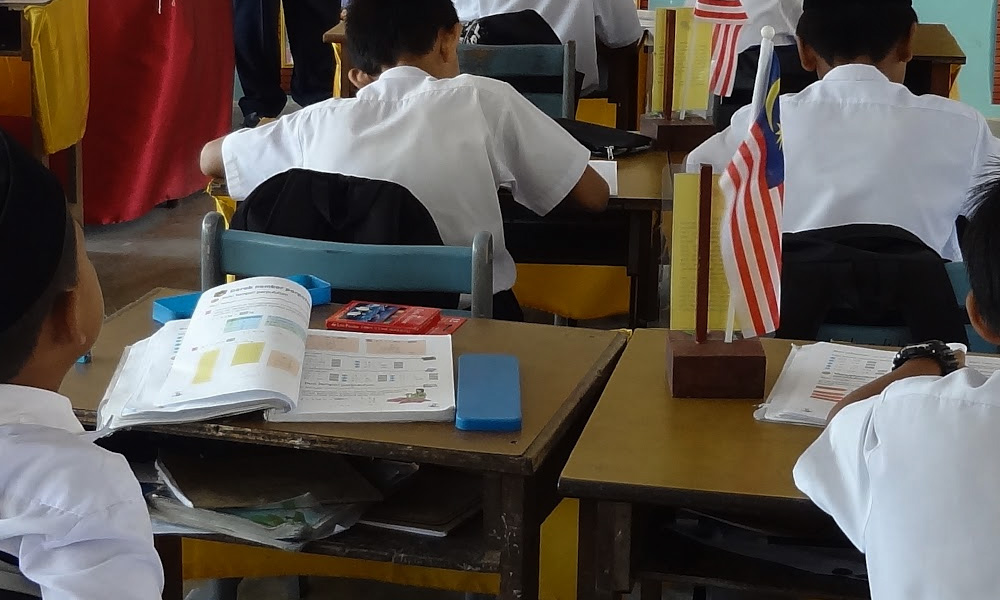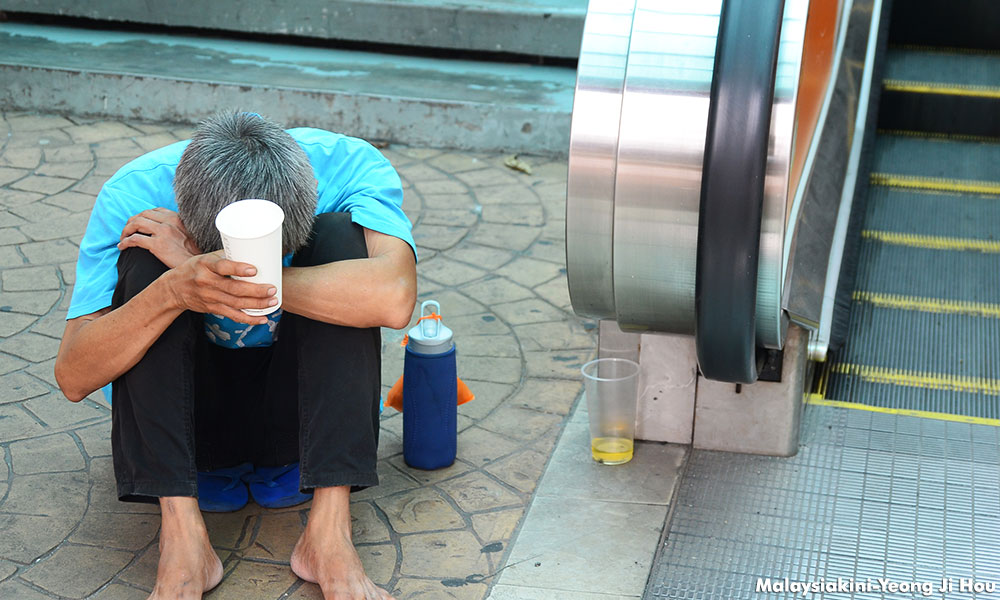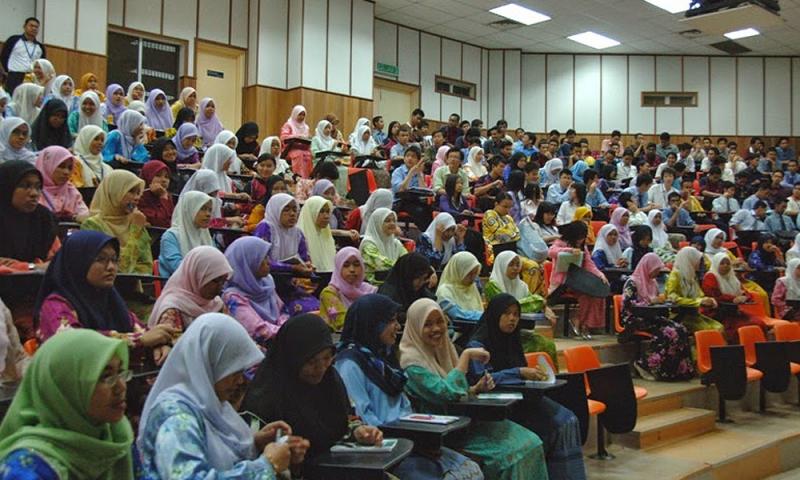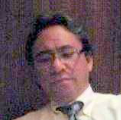Teach our students to manage cultural differences wisely
COMMENT | Over the last two weeks, I had the opportunity to teach a course on cross-cultural management with a professor from a university in Mexico.
I took the lectures on culture and education concepts and he weaved them with advanced management skills in a global environment. We worked well as instructors, from the planning stage to the final assessment.
I picked up some Spanish words and phrases months before the sessions in Ensenada, a beautiful Mexican resort city and read as much as possible on the history and people of the place.
Our goal was to bring out the best of the 21 students we had in the international summer program.
The theme was not only cultural appreciation but also how to understand the culture of work in our increasingly technological world.
Our students came from Mexico, the United States, Germany, Austria, Peru, China, and England.
It was a culturally enriching learning experience for them as they engaged in active and fun learning, exploring differences, understanding what it means to work in a global company, and how to negotiate differences by first, suspending judgement.
We visited the Fender guitar factory, Navico Marine GPS manufacturing plant, a winery, and engaged in a variety of cultural experience, including salsa dancing, taco-making, and chocolate making.
We had fun comparing how cultures differ in the worldview of things: time management, family values, production of the arts, and how industries take care of the worker.

As usual, I thought of Malaysians and how we can benefit from a similar educational approach to schooling, at least to start with, at the university level.
I thought of how our youngsters can be taught to manage cultural differences and work together as Malays, Chinese Indians, Iban, Kadazan, etc. so that we will not continue to reproduce hate that breeds like cancer in our society, although we can consider ourselves economically better than many countries.
At present, I do not see the political will of our Education Ministry in mandating cross-cultural training for teachers.
We are still at the stage where we continue to divide according to the races, for political-economic purposes. We have a long way to go to work our way towards a cultural policy that promotes the idea of a Malaysian Malaysia, political ideologies and branding aside.
We must, however, demand our Education and National Unity Ministries to work on this important platform for national resilience through cultural appreciations and the sustaining of pride.
I am sharing a closing speech which I wrote and delivered on behalf of the international faculty members, reminding students of their role as cultural beings:
Such a wonderful place, wonderful people, wonderful institution and you wonderful students of the International Summer program, without you we would not be here.

As the Brazilian philosopher, Paulo Freire would say, we need to become more critical human beings and learners.
We need to become more human, in a world that continues to be more dehumanising.
There is a Persian saying: “I wept when I had no shoes until I saw a man with no feet”.
We must become more humble and kinder as we grow more knowledgeable because the world continues to favour the powerful … in a world of deforestation, war, destruction, racial and religious intolerances, militarisation, and corruption.
The French philosopher of enlightenment Jean Jacques Rousseau warned us against the arrogance of knowledge, saying “Everything is good in the hands of the author of things, everything degenerates in the hands of Man”.
Because we failed to be aware of what it means to be emphatic, to use our knowledge and the privilege we are acquiring to help the less fortunate and the wretched of the earth.
Heal the world. Use science for the people, as tools to build greatness in our civilizations. Hold your moral compass to close your hearts. Always.
Be close to the people who will need your help, more than being close to power, ideology, and money.
Your teachers in this program hope you will continue to seek knowledge and enrich yourself with experiences so that you will continue to craft your own version of wisdom.
Let us say goodbye here.
Have a wonderful life ahead.
AZLY RAHMAN is an educator, academic, columnist, and author of seven books. He holds a doctorate in international education development and Master’s degrees in six areas: education, international affairs, peace studies communication, fiction and non-fiction writing. He is a member of the Kappa Delta Pi International Honor Society in Education. Twitter @azlyrahman. More writing here.
The views expressed here are those of the author/contributor and do not necessarily represent the views of Malaysiakini.
RM12.50 / month
- Unlimited access to award-winning journalism
- Comment and share your opinions on all our articles
- Gift interesting stories to your friends
- Tax deductable

 Azly Rahman
Azly Rahman